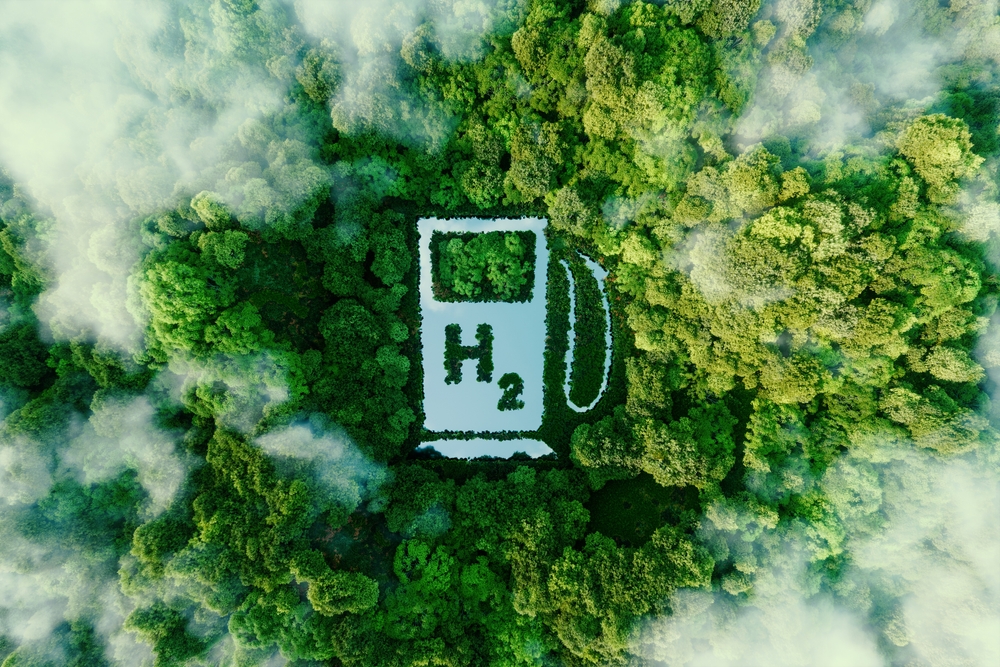Learn about career opportunities in waste management in Berlin
If you live in Berlin and speak English, you can explore the waste management sector. This field offers insight into the specific working conditions and challenges encountered in waste management environments, thereby contributing to sustainability and environmental protection.

Berlin, as Germany’s capital and a city of over 3.6 million residents, generates substantial amounts of waste that require efficient management. The waste management sector in the city represents not just an essential public service but also a significant employer offering diverse career opportunities. This growing industry combines environmental consciousness with technical innovation, creating jobs that range from operational roles to specialized positions requiring advanced qualifications.
Discovering waste management systems in Berlin
Berlin operates one of Europe’s most comprehensive waste management systems, creating numerous employment opportunities across different specializations. The city’s approach to waste management follows Germany’s circular economy principles, which prioritize waste prevention, reuse, recycling, and recovery.
The Berliner Stadtreinigung (BSR) serves as the city’s primary waste management company, employing thousands of workers across various departments. Beyond BSR, numerous private companies handle specialized waste streams, recycling operations, and waste-to-energy facilities. This diverse ecosystem creates a wide range of career paths for those interested in the sector.
Career opportunities in Berlin’s waste management systems include waste collection operators, sorting facility technicians, hazardous waste specialists, and administrative positions. The sector also employs engineers who design and maintain waste processing equipment, environmental scientists who monitor compliance with regulations, and logistics experts who optimize collection routes.
The working environment and challenges in the field of waste management
Working in waste management presents unique challenges and rewards that distinguish it from other industries. The physical environment varies significantly depending on specific roles. Collection workers experience outdoor working conditions in all weather, while processing facility staff work in controlled indoor environments with specialized equipment.
Safety represents a primary concern across all waste management positions. Workers receive comprehensive training on handling potentially hazardous materials, operating specialized vehicles and machinery, and following strict safety protocols. Personal protective equipment (PPE) is standard across most operational roles.
The sector faces ongoing challenges including adapting to evolving waste streams, implementing new sorting technologies, and meeting increasingly stringent environmental regulations. These challenges create opportunities for problem-solvers and innovators who can develop new approaches to waste handling and processing.
Work schedules in waste management often differ from traditional office hours. Collection teams typically start early in the morning to minimize disruption to city traffic, while processing facilities may operate in shifts to maximize efficiency. This schedule variety can appeal to those seeking non-traditional working arrangements.
Importance of waste management for environmental sustainability
Waste management professionals play a crucial role in Berlin’s environmental sustainability efforts. Their work directly contributes to reducing landfill use, minimizing pollution, conserving resources, and lowering greenhouse gas emissions. This connection between daily work and positive environmental impact provides many workers with a sense of purpose beyond financial compensation.
Berlin’s commitment to sustainability creates particular demand for specialists in recycling technologies, composting systems, and waste-to-energy processes. Professionals who can help the city achieve its circular economy goals find themselves in increasingly valuable positions. The sector actively seeks individuals with knowledge in materials science, environmental engineering, and sustainable waste processing methods.
Educational institutions in Berlin, including technical schools and universities, offer specialized programs preparing students for careers in modern waste management. These range from vocational training for operational roles to advanced degrees focusing on environmental management and sustainable technologies. Continuing education opportunities allow existing workers to develop new skills as technologies and methods evolve.
Career paths and qualifications in Berlin’s waste management sector
Entry-level positions in waste management often require minimal formal qualifications but provide on-the-job training. These roles include collection team members, sorting facility workers, and customer service representatives. They offer stable employment and opportunities to learn about the industry from the ground up.
Technical positions typically require vocational training or specialized certifications. Mechanics who maintain collection vehicles, technicians who operate processing equipment, and specialists who handle hazardous materials all need specific qualifications ensuring they can perform their roles safely and effectively.
Management and administrative positions generally require higher education qualifications in fields like environmental science, engineering, business administration, or public management. These roles involve overseeing operations, ensuring regulatory compliance, managing budgets, and developing strategic plans for waste management improvements.
For those interested in research and development, positions exist in both public and private organizations working to improve waste processing technologies, develop more effective recycling methods, and create innovative approaches to waste reduction. These specialized roles typically require advanced degrees and technical expertise.
Language requirements and international opportunities
Berlin’s international character creates opportunities for multilingual professionals in the waste management sector. While operational roles primarily require German language skills, positions involving international cooperation, research, or technology transfer may value English and other language capabilities.
The city hosts various international waste management conferences and participates in European Union environmental initiatives, creating opportunities for those interested in the global dimensions of waste management. Professionals with experience in Berlin’s advanced systems may find opportunities to share expertise with developing waste management programs in other regions.
Conclusion
Berlin’s waste management sector offers diverse and meaningful career opportunities that combine environmental impact with stable employment. From entry-level operational positions to specialized technical and management roles, the industry provides multiple pathways for professional development. As the city continues advancing toward more sustainable waste practices, the demand for qualified professionals across all levels of the waste management hierarchy continues to grow, making it a promising field for those seeking careers that combine practical skills with environmental stewardship.




